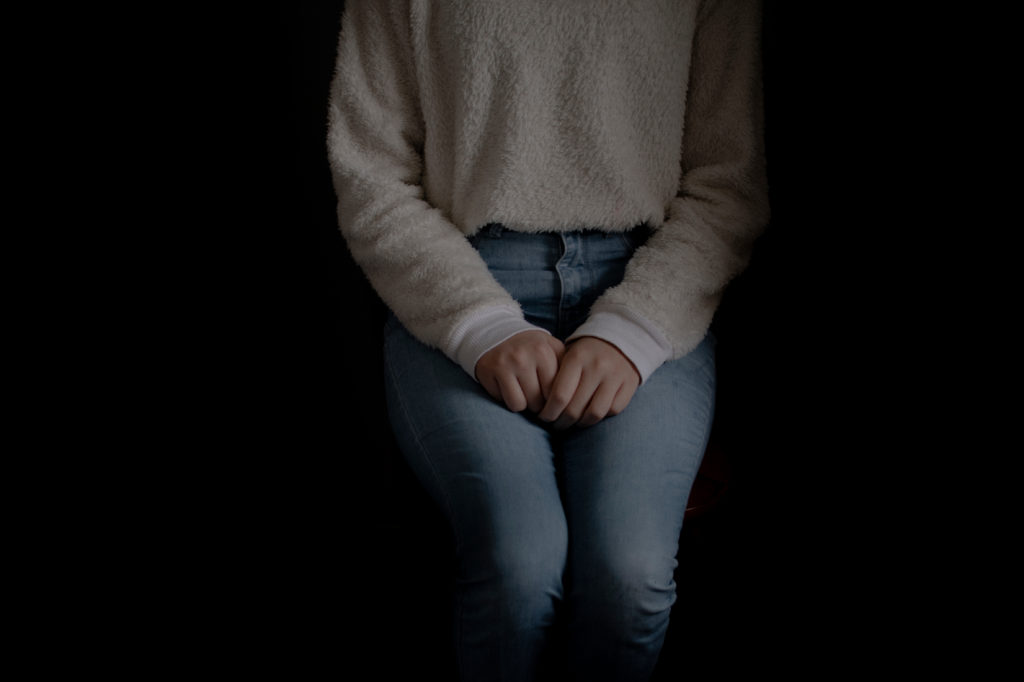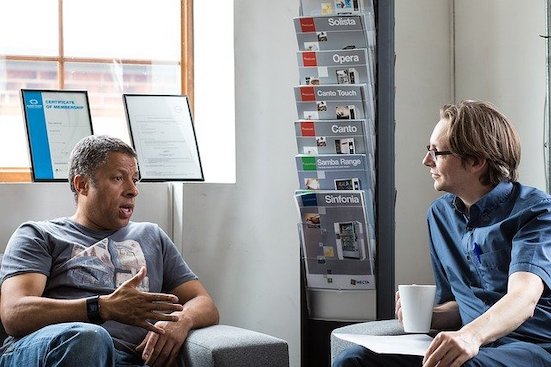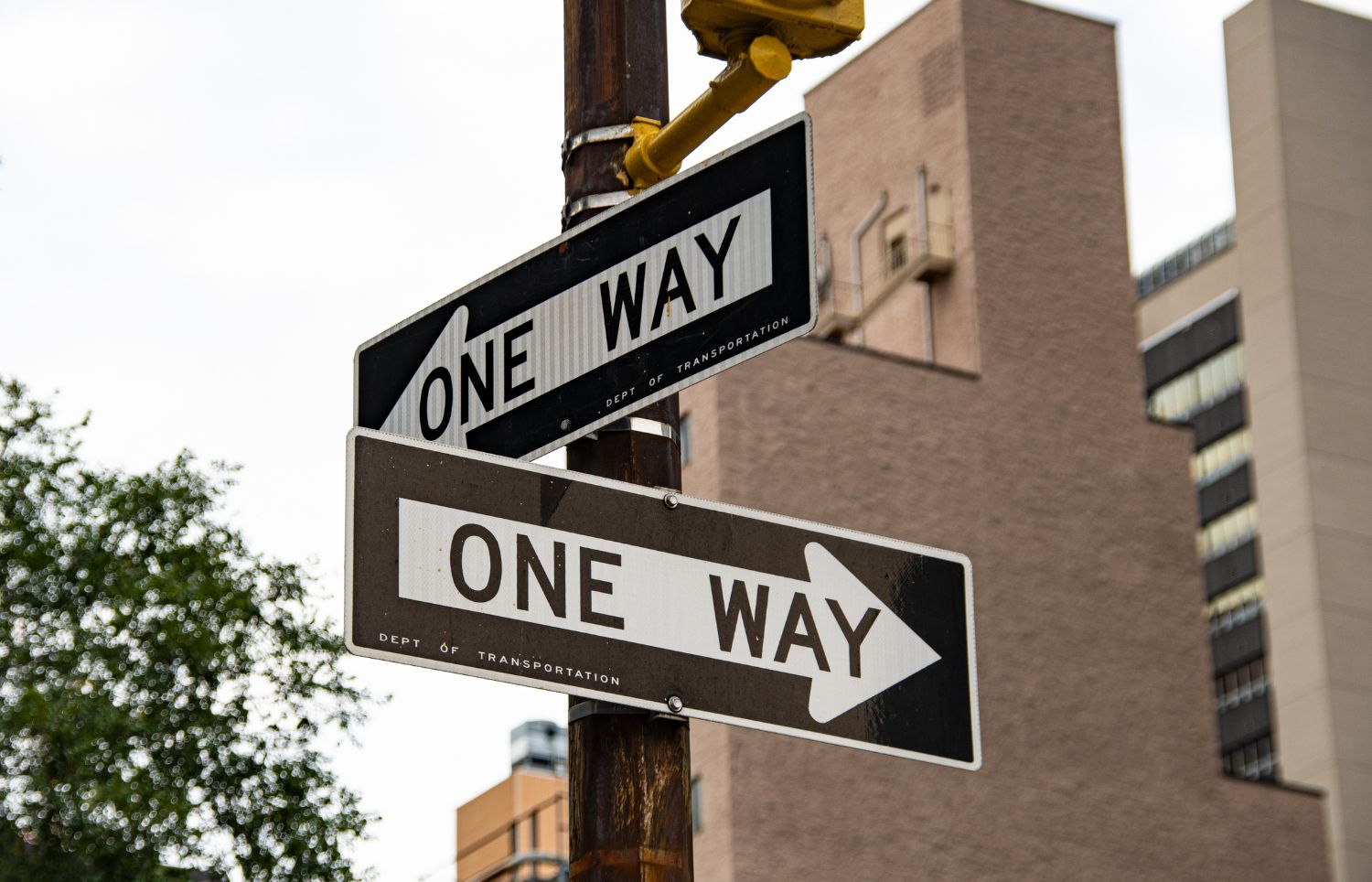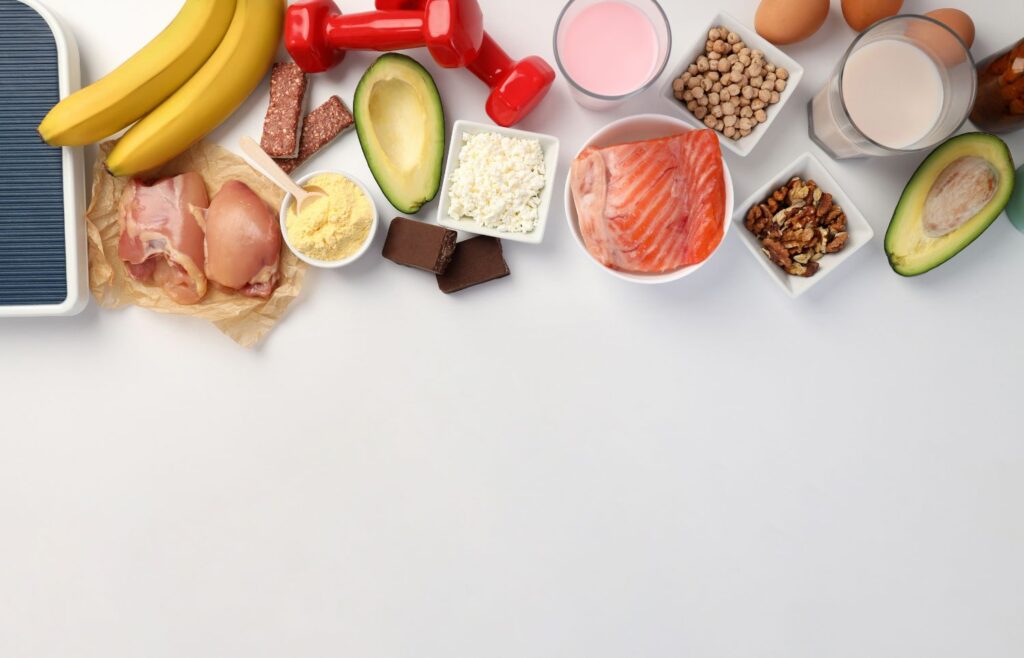When we talk about having a bladder or bowel condition, we mostly talk about the physical symptoms that are associated with the condition, whether that be urgency, incontinence, stomach pain and more. What we don’t really talk about are the psychological symptoms that having these conditions can cause. We tend to hide the fact that our bladder or bowel condition can cause us anxiety, depression or even trigger other psychological conditions.

As a nation we are starting to get better at talking about mental health conditions in general. A recent survey conducted by the British Association for Counselling and Psychology (BACP) said that 84% believe it is more socially acceptable to discuss mental health compared to five years ago. Despite this, we still need to work on breaking the stigma associated with having a mental health condition and have more support in seeking help to manage our condition.
Facts on Mental Health
- At present around 1 in 4 people suffer from some kind of mental health condition₁
- 1 in 6 people will experience some form of mental health condition (such as anxiety or depression) in any given week₂
- 84% people believe it is now more socially acceptable to discuss mental health compared to five years ago
- HOWEVER only around 34 per cent of people have sought help from a psychotherapist or counsellor in the UK₃
Kathryn Kinmond, a member of the British Association for Counselling and Psychotherapy, said:
“Everyone experiences anxiety at some point in their life. For some people this just means a general uneasy feeling or minor worry; but for others anxiety can feel overwhelming and even debilitating. Knowing what causes or triggers anxiety can often help us start to manage such feelings as we can then start to put in place strategies and techniques.”
Kathryn Kinmond, BACP member
How exactly does having a bladder or bowel condition affect us emotionally?
Well, it’s that age old problem that having one of these conditions is considered a taboo subject. In general we don’t feel able to talk about having a bladder or bowel illness for fear of being judged as being unclean and that can lead to feelings of depression and/or anxiety.
In extreme cases, it can trigger existing mental health conditions…
“Most definitely my mental health is affected with this stoma. I have body issues even though I have a serious eating disorder and weigh under 50 kg. I feel fat with having this stoma glued to my stomach.”
“I ended up sectioned last year and spent eight months in hospital. It was my bladder condition that started my spiral downwards – if things feel out of control, I control food and so it caused a massive relapse with my eating disorder. It now hugely affects me trauma wise, causing flashbacks multiple times a day when I have to catheterise.”
Mel Halacre is from Spokz People, a specialist disability affirming psychological service, and a member of BACP.
“As children we’re told that bladder and bowel control is part of being ‘a big boy or girl’ and we tend to encourage childhood independence and toilet training by telling kids faeces are dirty and to wipe in a certain way or telling them off if it goes everywhere. All of this adds to the taboo that adults experience around the matter.”
In a recent poll₄ conducted by Bladder and Bowel Community:
- 53% of members say that their mental health has been affected negatively by their bladder or bowel condition and that it affects their day-to-day life.
- 27% say that their anxiety or stress is related to mainly leaving the home with their bladder or bowel condition.
- 15% of those polled take medication to help manage their mental health condition in relation to their bladder or bowel condition.
Anxiety and our health
One other point that came out of the poll was that having a bladder or bowel problem can trigger anxiety or stress, however having anxiety or stress can make the bladder or bowel problem worse causing this vicious cycle of anxiety and worsened bladder or bowel symptoms. One piece of research carried out by gastroenterologists showed the link between IBS and stress, by demonstrating a much higher level of cytokines (an immune system response) in patients with both anxiety and IBS.
“ My IBS is caused by anxiety but my anxiety is now because of having IBS. It’s a massive circle. I’m working on trying to break it and things are improving.”
“My IBS is worse when I’m stressed and if I have to leave the house early in the morning and I haven’t been to the toilet, I get stressed which makes it worse. I have no warning or feeling that I need to go and it happens so suddenly. The accidents are what affect me most, as I feel stupid, dirty and ashamed of myself.”

How can we look after our mental health?
Mel Halacre from Spokz People says,
“Planning and preparing can help, things like making sure you can sit near the loo, taking extra pads for emergencies. At the time of going out it can reduce anxiety if you try and breathe out for longer than you breathe in and to tell yourself as you do this that you’ve prepared and you can manage this situation.
“If these tips don’t work, you may get benefit from talking to a counsellor around the issues of continence: the worry and anxiety, the isolation, feeling different.
“Even if we can’t change the physical aspects, the positive news is that we can change how we feel about the situation and how we communicate about them to those around us.
“If you’re in a partnership you may benefit from couple therapy as partners are also affected by the situation and it can help to increase understanding and support between you which can greatly reduce anxiety when going out. Peer support through online groups is also vital to reduce the sense of isolation.”
Kathryn Kinmond added,
“People with bowel or bladder problems can feel very real anxiety around leaving home, so it might be helpful to approach this anxiety at a practical level – by identifying where toilets are situated and also using personal hygiene /health techniques.
However, it is also useful to work mindfully to calm the mind and body. Relaxation and guided imagery can be very helpful. It is useful to talk about and share concerns and worries with another person so we do not feel alone. Journeying with a trusted person – maybe a therapist – can help shrink anxiety and make it manageable.”
Where to get help
As with any ailment whether physical or mental, the first port of call should be your GP as they will be able to refer you for the right help.
To access immediate help, there are helplines available where you can speak to trained advisors about your mental health disorder
- Mind as a charity, supporting better mental health. Infoline: 0300 123 3393
- British Association for Counsellors and Psychotherapists (BACP) has a directory of where you can access local counsellors and psychotherapists
- Spoks People provide therapeutic support for disabled people
- You can access your urgent local 24 hour NHS mental health helpline by following the prompts of this online form
- Samaritans – if you’re struggling with feelings of despair or don’t know where to turn, contact the Samaritans 116 123 (24h helpline)
- IESO – You can now access CBT therapy online via the NHS in order to beat depression or anxiety.
Community Support Group
For peer support you can also find support groups online.
Being able to talk to someone who shares your experiences can be a great help and a great relief in that you are not alone. You can also connect with like minded people within our closed Bladder & Bowel Community Support Group. This closed Facebook group and is monitored regularly by admins to ensure safety and inclusion for all. Find out more here.
Join the conversation
What are your thoughts on mental health? Let us know by joining the conversation on social media – you can find us on Instagram, Twitter, and Facebook here.
Over the coming weeks we’ll be posting using #MentalHealthMonday each week.
Follow us here:
₁ Mind https://www.mind.org.uk/
₂ Mind https://www.mind.org.uk/
₃ British Association for Counsellors and Psychotherapists https://www.bacp.co.uk/
₄ Poll conducted with the Bladder and Bowel Community Facebook Group. 348 people responded to the poll in total.








